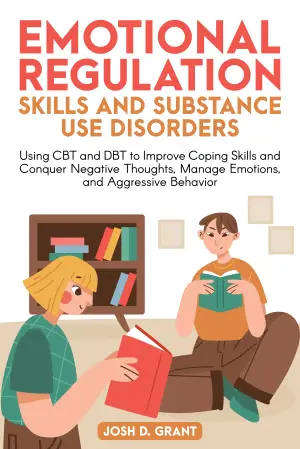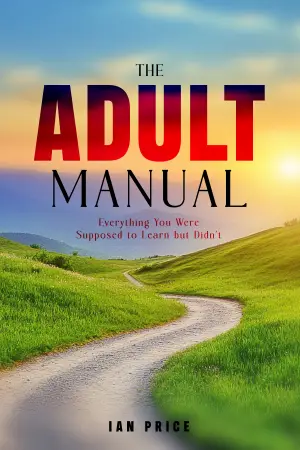I recently finished “Think Again: The Power of Knowing What You Don’t Know” by Adam Grant, and I must say, it’s a compelling exploration of a concept that feels increasingly relevant in our rapidly changing world. As someone who is always eager to dive into books that challenge my thinking, I was drawn to Grant’s discussions on intellectual humility and adaptability. I’ve long appreciated the way he weaves research with storytelling, and given the book’s popularity as a Number One New York Times Best Seller, I was excited to see what insights awaited.
One of the standout aspects of the book is how Grant encourages readers to embrace the discomfort of uncertainty and question their long-held beliefs. This theme resonates with many readers, including Wally Bock, who noted that the book makes a powerful case for adopting a flexible mindset. Bock’s take that this book is essential for any manager or leader certainly aligns with my experience; I found the techniques useful not just in professional settings but in everyday conversations as well. Grant outlines how we often become “preachers,” “prosecutors,” or “politicians” in our conversations, and understanding these roles can help us navigate disagreements more effectively. I particularly appreciated the encouragement to create a “challenge network” to counter the tendency to surround ourselves with affirmation rather than constructive criticism.
However, while the content is rich and insightful, some sections can feel quite dense. As Jade Amethyst pointed out, the book demands focus and contemplation. I found myself rereading passages to fully absorb the concepts, which may not be ideal for casual readers. Although the conversational tone makes it accessible, the weight of the ideas requires mental space for reflection.
Another notable aspect is the book’s practical advice, which can be applied in both personal and professional realms. Kristin J. Arnold’s observations regarding the Dunning-Kruger Effect and Grant’s mentions of “Mount Stupid” were enlightening. These insights challenge readers to reflect on their expertise and encourage a more open-minded approach—crucial in a time when misinformation can spread easily.
Yet, I also encountered moments where the pace slowed, particularly when delving into research studies. While I appreciate the depth and rigor, a few anecdotes could help illustrate complex concepts more vividly. This slight pacing issue is a common critique among readers, including those who find the content heavier than expected.
Ultimately, “Think Again” not only met but in some ways exceeded my expectations. The blend of storytelling, research, and practical application offers a valuable resource for fostering a growth mindset. Grant’s ability to communicate the importance of being willing to change our minds resonates throughout the book, making it an enriching read for anyone desiring to sharpen their critical thinking skills.
In conclusion, I wholeheartedly recommend “Think Again” for its insightful examination of how we can improve our decision-making and adapt our views. It’s a must-read for leaders and anyone willing to reflect on their own thinking processes. Despite its occasional density, the rewards of grappling with the book’s concepts are well worth the effort. Whether you are a student, a professional, or simply someone curious about how to engage more thoughtfully with the world, this book offers a framework that encourages growth through rethinking. It’s a transformative read that will leave you questioning your assumptions long after you’ve turned the final page.








